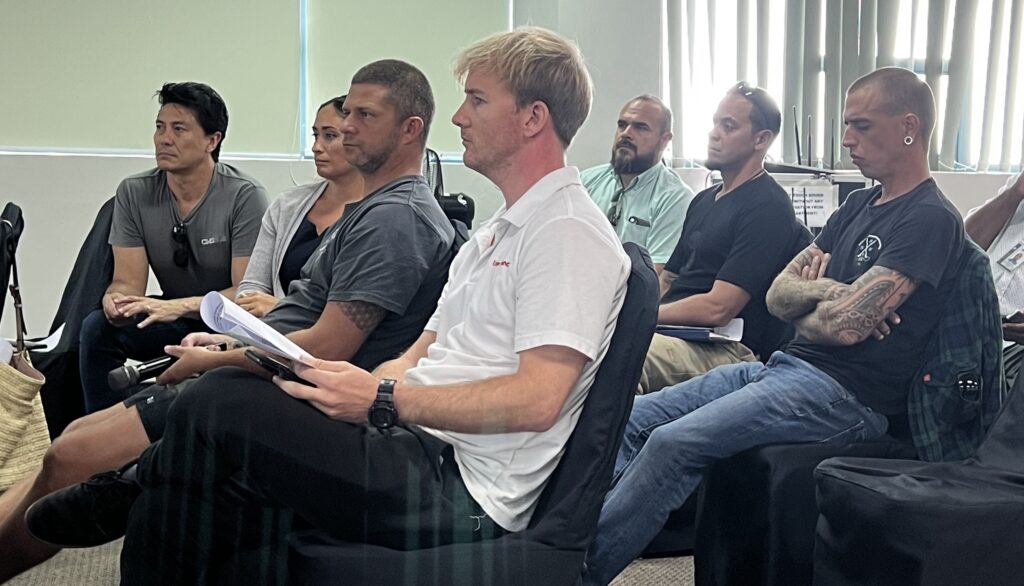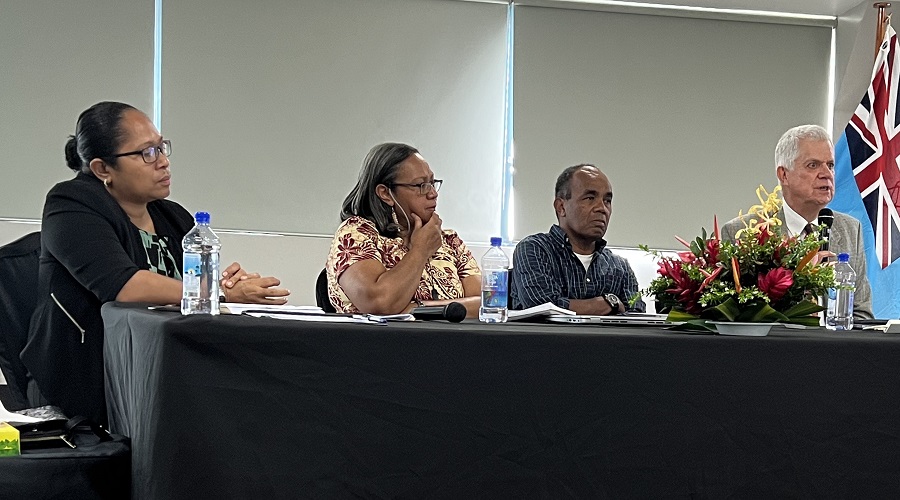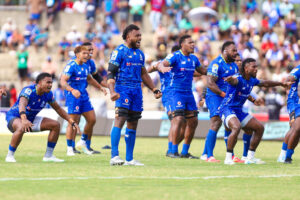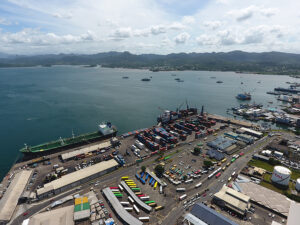Consultations to review the Surfing Areas Act 2010 began this week in Suva to amend the legislation which in its current form, Fiji’s Office of the Attorney General says does not demarcate a specific surfing area overriding traditional iqoliqoli rights.
The 2010 legislation defines the areas as inclusive of reefs or other foreshore or foreshore areas plus its surrounding areas, and as such overrides other legislations and nullifies any ‘other interest under any written law’. While it provides an avenue for economic development, promoting Fiji as a premier surf and adventure tourism destination, it does not provide for the protection and equitable compensation to landowners for the use of their resources.
The 2010 Act effectively overrides all other rights in the ‘surfing area’ without any documentation to demarcate the area, including on the face of it, any traditional rights, vesting the interest in and ownership of a ‘surfing area’ in the Director of Lands on behalf of the State, with no compensation payable to the right holders, the office of the AG said.
“If one argues that the right to iQoliqoli lies in the Fisheries Act and acknowledgment that the adjacent mataqali members have customary rights to fish, then the current Act overrides and nullifies that.
“With this review, the Government aims to provide clarity on the resource users and other beneficiaries such as extractive industries developers and investors that benefit from unfettered access for reaction and or competitive foreshore and marine-based activities.”


The review also seeks to provide an equitable and transparent compensation arrangement that ensures intergenerational equity, an issue that was also raised by Bua Landowner Ilisoni Matakece who was among those who presented their submission. He said the framework also needs to ensure that payments are shared by all resource owners and suggested that one of the itaukei institutions oversee the distribution of such payments.
The review also aligns with the government’s decision to adopt the United Nations Declaration of the Rights of Indigenous People (UNDRIP), which calls for transparency in all dealings relating to customary rights and interests, including equitable compensation and free prior informed consent.
The public consultation is being conducted in a series of public meetings in Viti Levu, Vanua Levu, and Taveuni until September 8.
Heading the review team is Ulai Baya, accompanied by Professor Spike Boydell, Assistant Professor Litea Meo-Sewabu, and Professor John Sheehan.









